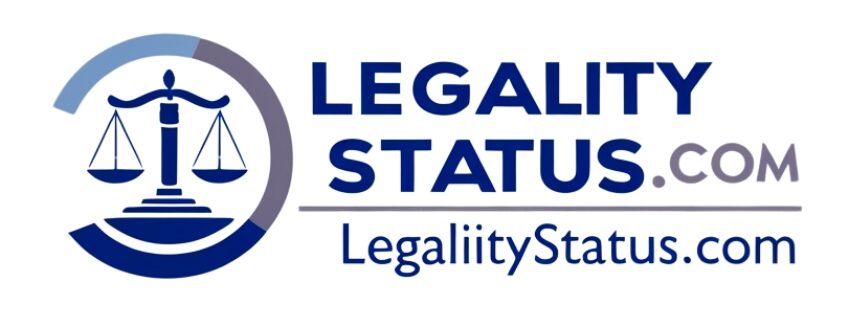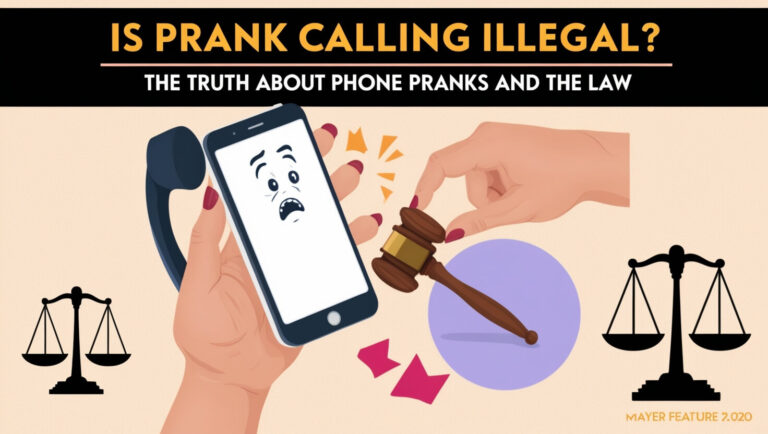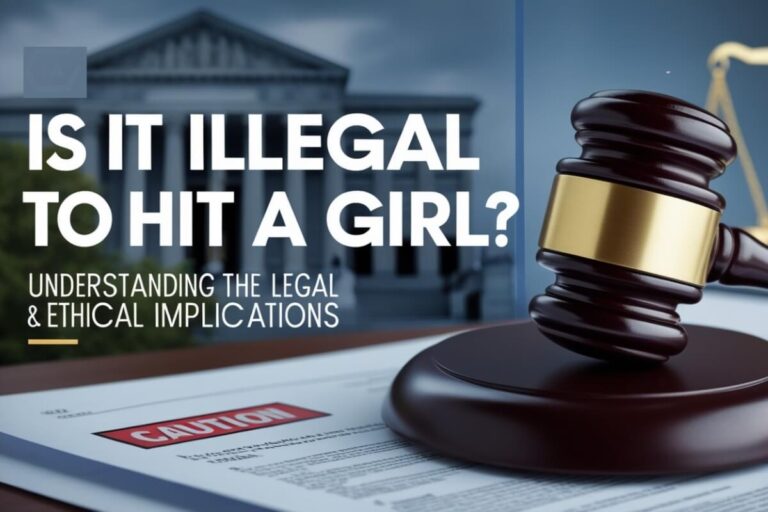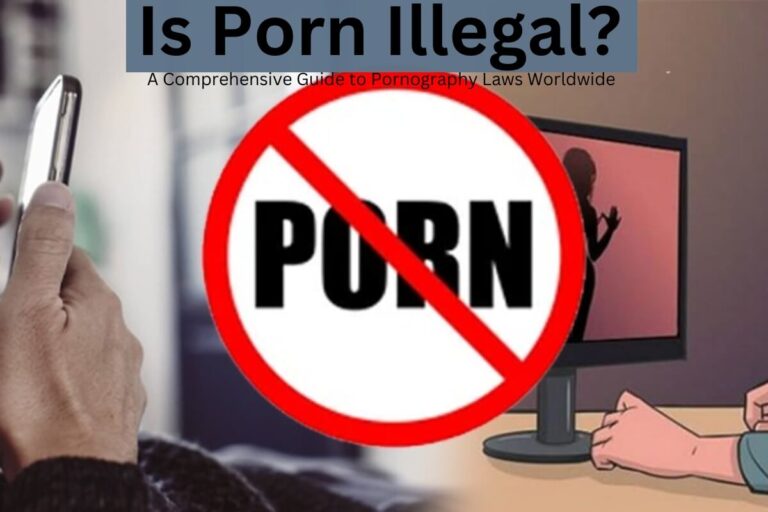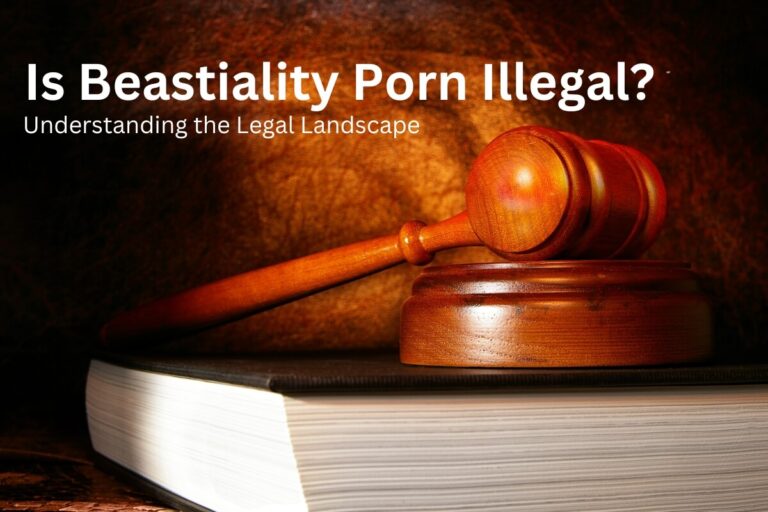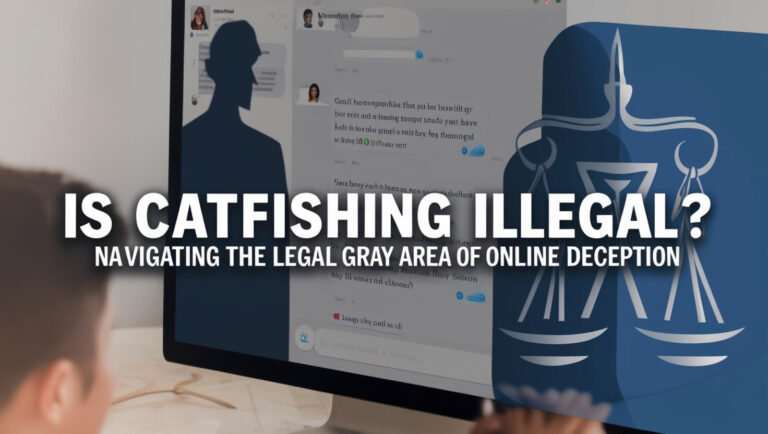Is Faking Your Death Illegal? The Truth About Pseudocide
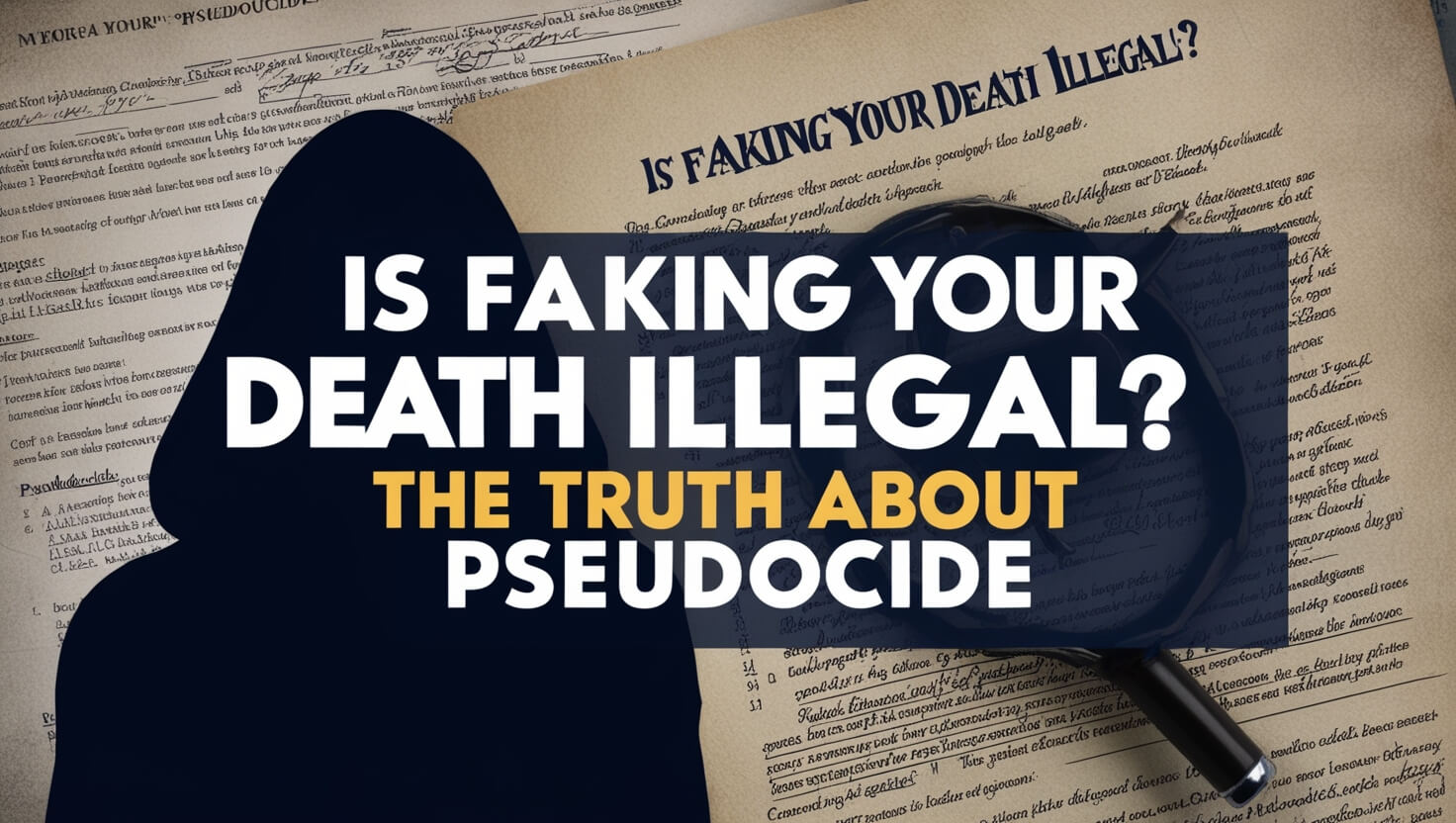
Is faking your death illegal? While the act of pretending to be dead isn’t inherently against the law, it often involves numerous illegal activities. Known as pseudocide, faking one’s death can lead to severe legal consequences and personal hardships. This article explores the complex world of fake deaths, their legal implications, and the reasons why people attempt this drastic measure.
What Is Faking Your Death?
Faking your death, also called pseudocide, is the act of staging your own demise while remaining alive. It’s a dramatic step some people take to escape their current life situations, often driven by desperation or a desire for a fresh start.
Definition of pseudocide
Pseudocide involves creating the illusion that you’ve died, typically through staged accidents, disappearances, or falsified documents. The goal is to convince authorities, family, friends, and creditors that you’re no longer alive.
Common reasons people fake their death
People fake their deaths for various reasons:
- Escaping debt or financial troubles
- Avoiding criminal charges or prosecution
- Collecting life insurance money fraudulently
- Fleeing from abusive relationships
- Seeking a new identity or fresh start
- Avoiding personal or professional responsibilities
While these motivations may seem compelling to those in dire straits, the consequences of faking one’s death often outweigh any perceived benefits.
The Legal Status of Faking Your Death
Many wonder, “Is faking your death illegal?” The answer isn’t straightforward, as the act itself isn’t explicitly outlawed in most jurisdictions.
Is it a crime to fake your own death?
Surprisingly, the mere act of pretending to be dead isn’t illegal in most countries. There’s no specific law that says you can’t disappear and let people believe you’ve died. However, this doesn’t mean you can fake your death without legal consequences.
Associated illegal activities
While faking your death might not be illegal, many actions associated with it are:
- Insurance fraud: Collecting life insurance after faking death is a serious crime.
- Identity theft: Using someone else’s identity to start a new life is illegal.
- Falsifying documents: Creating fake death certificates or other official documents is against the law.
- Tax evasion: Not paying taxes under your new identity is illegal.
- Fraud: Deceiving creditors, banks, or government agencies is punishable by law.
These associated crimes can result in hefty fines, prison time, and a criminal record, making the act of faking your death a risky endeavor.
Methods Used to Fake Death
People attempting pseudocide often use elaborate schemes to convince others of their demise.
Common techniques
Some frequently used methods include:
- Staging drowning accidents
- Faking car crashes
- Disappearing during natural disasters
- Pretending to be lost at sea
- Staging hiking or climbing accidents
These methods often involve leaving behind personal items, creating false evidence, or enlisting the help of accomplices.
Challenges in the digital age
Faking death has become increasingly difficult in our interconnected world:
- Digital footprints: Social media, online banking, and email usage can reveal a person is still alive.
- Surveillance cameras: Public spaces are often monitored, making it hard to disappear unnoticed.
- Biometric data: Facial recognition and fingerprint databases make using a new identity challenging.
- Cell phone tracking: Mobile devices can reveal a person’s location and activities.
These technological hurdles make successful pseudocide much more challenging than in the past.
Consequences of Faking Your Death
The repercussions of faking your death can be severe and long-lasting.
Legal repercussions
If caught, individuals who fake their death may face:
- Criminal charges for fraud, forgery, or obstruction of justice
- Hefty fines and restitution payments
- Prison sentences
- Difficulty obtaining employment or credit in the future
- Loss of professional licenses or certifications
Personal and social impacts
Beyond legal troubles, pseudocide can have devastating personal consequences:
- Broken relationships with family and friends
- Loss of trust from loved ones
- Emotional trauma for those left behind
- Difficulty reintegrating into society if discovered
- Constant fear of being caught
- Isolation and loneliness in a new identity
The emotional toll on both the individual and their loved ones can be immense and long-lasting.
Notable Cases of Faked Deaths
Throughout history, there have been several high-profile cases of individuals attempting to fake their deaths.
High-profile pseudocide attempts
- John Darwin: In 2002, the British former teacher faked his death in a canoeing accident. He lived in hiding for years before being discovered.
- Marcus Schrenker: The American financial advisor attempted to fake his death in a plane crash in 2009 to escape financial fraud charges.
- Samuel Israel III: The hedge fund manager staged a suicide on a bridge in 2008 to avoid a 20-year prison sentence for fraud.
These cases attracted significant media attention and legal scrutiny.
Successful cases of faking death
While rare, some individuals have successfully faked their deaths:
- John Stonehouse: The British politician faked his drowning in 1974 and lived under a new identity in Australia for over a month before being discovered.
- Philip Sessarego: The former SAS soldier faked his death in a car bombing in Croatia in 1991 and lived under an alias for 17 years.
These cases, while initially successful, eventually came to light, highlighting the difficulty of maintaining a fake death long-term.
The Psychology Behind Faking Your Death
Understanding the mindset of those who consider pseudocide provides insight into this extreme behavior.
Motivations and mindset
People who fake their deaths often:
- Feel overwhelmed by their current circumstances
- Believe they have no other options
- Suffer from severe anxiety or depression
- Have a history of impulsive or risky behavior
- Struggle with facing consequences for their actions
The decision to fake one’s death is often rooted in desperation and a desire to escape seemingly insurmountable problems.
Mental health considerations
Pseudocide can be linked to various mental health issues:
- Depression and suicidal thoughts
- Anxiety disorders
- Personality disorders
- Substance abuse problems
- Post-traumatic stress disorder (PTSD)
Mental health support and treatment may be more effective solutions for those considering such drastic measures.
Faking Death in the Digital Era
The internet age has made faking one’s death more challenging than ever before.
Challenges of disappearing in the internet age
- Social media presence: Deleting or abandoning accounts can raise suspicion.
- Online financial transactions: Credit card usage and online banking leave digital trails.
- Email and messaging: Communication habits are hard to break entirely.
- Digital photos and videos: Images shared online can resurface unexpectedly.
- Search engine results: Old information remains accessible through internet searches.
Digital footprints and fake deaths
Even careful individuals leave digital traces:
- IP addresses: Internet activity can be traced to specific locations.
- Metadata: Digital files contain hidden information about their creation and modification.
- Cloud storage: Data synced across devices can reveal ongoing activity.
- Internet of Things (IoT) devices: Smart home gadgets and wearables can track movements and habits.
These digital breadcrumbs make it increasingly difficult to convincingly fake one’s death.
The Impact on Family and Friends
Faking your death doesn’t just affect you; it has profound effects on those close to you.
Emotional toll on loved ones
Family and friends of someone who fakes their death may experience:
- Grief and mourning for a loss that didn’t actually occur
- Anger and betrayal upon discovering the truth
- Trust issues in future relationships
- Anxiety and depression from the emotional rollercoaster
- Difficulty moving on with their lives
The trauma inflicted on loved ones can be long-lasting and deeply damaging.
Legal implications for accomplices
Those who help someone fake their death may face serious consequences:
- Criminal charges for conspiracy or fraud
- Fines and potential jail time
- Damage to their reputation and career prospects
- Civil lawsuits from affected parties
- Strained relationships with other family members or friends
Assisting in pseudocide can have severe legal and personal repercussions.
Detecting Fake Deaths
Authorities and insurance companies have developed methods to identify potential cases of pseudocide.
Red flags and warning signs
Indicators that a death may be faked include:
- Missing body or inconclusive evidence of death
- Suspicious timing, such as recent large insurance policy purchases
- Financial troubles or pending legal issues
- Inconsistencies in witness accounts
- Unusual behavior or preparations before the alleged death
These signs often trigger further investigation into suspicious deaths.
Investigative techniques
Professionals use various methods to uncover fake deaths:
- Forensic analysis of physical evidence
- Digital forensics to track online activity
- Financial audits to detect irregularities
- Interviews with family, friends, and associates
- Surveillance of known associates or properties
- International cooperation to track cross-border movements
Advanced technology and collaborative efforts make it increasingly difficult to successfully fake a death.
Alternatives to Faking Your Death
For those feeling trapped or desperate, there are legal and constructive alternatives to consider.
Legal options for starting over
- Bankruptcy: A legal process to address overwhelming debt
- Witness protection programs: For those in genuine danger
- Legal name changes: A fresh start without deception
- Relocation: Moving to a new area for a change of scenery
- Career changes: Pursuing new professional opportunities
These options offer a chance for renewal without the risks associated with faking death.
Addressing underlying issues
Tackling root problems can eliminate the need for drastic measures:
- Seeking mental health support
- Addressing addiction issues
- Improving financial literacy and management
- Building a support network
- Developing coping skills for stress and adversity
Confronting challenges head-on often leads to more sustainable and satisfying solutions.
Faked Deaths in Popular Culture
Pseudocide has long captured the public imagination, featuring prominently in various forms of media.
Pseudocide in literature and film
Examples include:
- “The Adventures of Huckleberry Finn” by Mark Twain
- “Gone Girl” by Gillian Flynn
- “The Bourne Identity” film series
- “Sherlock” TV series (The Reichenbach Fall episode)
These stories often romanticize or dramatize the act of faking one’s death.
How media portrayal differs from reality
Media depictions often:
- Oversimplify the process of faking death
- Downplay legal and emotional consequences
- Glorify the idea of starting a new life
- Ignore the long-term challenges of maintaining a false identity
- Focus on dramatic reveals rather than the day-to-day struggles
Real-life pseudocide is typically far more complicated and less glamorous than its fictional counterparts.
The Ethics of Faking Your Death
The decision to fake one’s death raises significant ethical questions.
Moral considerations
Ethical issues surrounding pseudocide include:
- Deception of loved ones and society
- Abandonment of responsibilities and obligations
- Potential harm to others left behind
- Misuse of public resources in search efforts
- Undermining social trust and institutions
These moral dilemmas highlight the complex nature of faking one’s death.
Societal implications
Widespread pseudocide could lead to:
- Increased skepticism towards death claims
- Higher insurance premiums due to fraud concerns
- Stricter identity verification processes
- Erosion of community bonds and trust
- Diversion of resources from genuine emergencies
The ripple effects of fake deaths extend far beyond the individual, impacting society as a whole.
Preventing Fake Deaths
Efforts to discourage pseudocide focus on addressing root causes and improving support systems.
Measures to discourage pseudocide
- Stricter penalties for fraud and associated crimes
- Enhanced verification processes for death certificates
- Improved international cooperation in tracking missing persons
- Public education about the consequences of faking death
- Better debt management and financial counseling services
These measures aim to make pseudocide less appealing and more difficult to execute.
Improving support systems
Strengthening societal safety nets can reduce the desire to fake one’s death:
- Expanding mental health services
- Improving access to legal aid
- Developing more comprehensive witness protection programs
- Creating support groups for those in crisis
- Enhancing job retraining and career transition services
By addressing the underlying issues that drive people to consider pseudocide, society can reduce its occurrence.
The Future of Fake Deaths
As technology evolves, so too will the landscape of fake deaths.
Emerging trends and technologies
Future developments may include:
- Advanced AI for detecting online behavior patterns
- Blockchain technology for more secure identity verification
- Improved genetic testing to confirm or refute deaths
- Global biometric databases making it harder to assume new identities
- Quantum computing enhancing data analysis and fraud detection
These advancements will likely make successful pseudocide even more challenging.
Potential legal changes
Future legislation may focus on:
- Specific laws addressing the act of faking death
- Harsher penalties for pseudocide-related fraud
- International agreements on handling fake death cases
- Expanded definitions of identity crimes
- New regulations for digital identity management
As fake deaths evolve, legal systems will likely adapt to address this complex issue more directly.
Final Checkpoint: The Reality of Faking Your Death
Is faking your death illegal? While the act itself may not be explicitly against the law, it inevitably involves numerous illegal activities and carries severe consequences. The legal, emotional, and social repercussions of pseudocide far outweigh any perceived benefits. With advancing technology and increased global connectivity, successfully faking one’s death has become nearly impossible.
For those feeling trapped or desperate, there are always better alternatives. Seeking professional help, addressing underlying issues, and exploring legal options for a fresh start are far more effective and less destructive paths forward. Remember, while faking your death might seem like an escape, it often leads to a life filled with more challenges and fewer freedoms than the one left behind.
